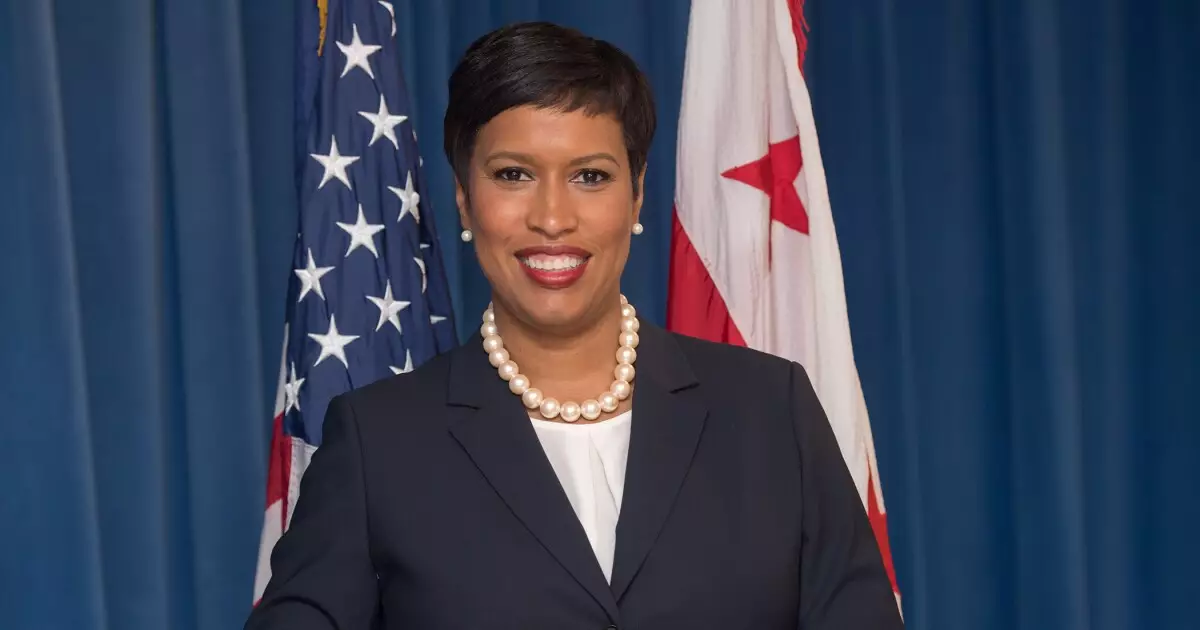With the recent approval by the Washington, D.C. City Council, the local sports landscape is poised for significant transformation. Funding for a major renovation project at Capital One Arena and investments into the city’s baseball stadium exemplify the D.C. government’s commitment to supporting its professional sports teams while stimulating economic activity in the region. This decision not only reflects a deeper understanding of the interconnectedness between sports, community engagement, and local economics but also illustrates a strategic approach to urban development in the face of post-pandemic challenges.
At the heart of these developments is the $515 million renovation of Capital One Arena, home to the Washington Capitals and Washington Wizards. Mayor Muriel Bowser emphasized that modernizing this venue is crucial for attracting a steady stream of events and tourists, which would ultimately rejuvenate local businesses. By specifying that at least 40% of the renovation contracts will go to certified business enterprises, with aspirations of increasing that figure to 50%, the city is not only fostering economic inclusion but also ensuring that the benefits of this investment ripple throughout the community.
The city plans to purchase the arena for $87.5 million from Monumental Sports & Entertainment, which will retain a lease to operate the venue. In an inspiring turn of events, Monumental has agreed to contribute at least $285 million toward the renovation. This partnership underscores a cooperative spirit between the city and its sports franchises, which aims to secure the teams’ presence in Chinatown through a legally binding agreement requiring them to remain in D.C. until 2050.
While the deal progressed with the support of many, it faced significant challenges regarding labor requirements and local hiring standards. The construction project aims to generate approximately 5,000 jobs, an important economic boost as the city continues to navigate the aftermath of the pandemic. This focus on local labor is essential, as it not only provides immediate employment opportunities but also strengthens community ties by promoting local businesses.
As the renovation draws closer, challenges associated with fulfilling these ambitious labor requirements remain a topic of discussion among stakeholders. The infusion of new jobs in the area through this project holds potential not just for immediate economic uplift, but also for sustainable community development in the long term.
In tandem with the arena renovation, the revitalization of the adjacent Gallery Place shopping mall—significantly impacted during the pandemic—also stands as part of D.C.’s broader strategy to stimulate both economic recovery and community interaction. The arena and shopping center together form a central entertainment district, linking sports, culture, and commerce, which can help restore foot traffic and encourage urban engagement.
Further strengthening the city’s sports infrastructure, the City Council recently earmarked dedicated funding for maintaining Nationals Park, home to the Washington Nationals. This protective measure illustrates the city’s ongoing commitment to sports and recreational activities, which serve as critical components of the region’s identity and social fabric.
Another crucial element of D.C.’s sports plan is the potential revitalization of the RFK Stadium site, which could entice the NFL’s Washington Commanders to return to the city from their current location in Maryland. The notion of transforming the 174-acre site into a mixed-use development is ambitious and could serve as a transformative project, provided that the complex intergovernmental negotiations—especially the need for Congress to approve the land transfer—are successfully navigated.
This future development at the RFK site holds promise not only for sports fans but also for local residents, as it could further enrich the community through new employment opportunities and urban spaces for recreation and gathering. As legislation moves forward in the current political landscape, the goal remains to establish a responsible and robust long-term plan for the site that respects both its historical significance and modern requirements.
The recent decisions by the City Council signal D.C.’s determination to bolster its sports programs while fostering an inclusive economic landscape. By prioritizing local hiring, investing in existing structures, and exploring ambitious redevelopment strategies, the local government is not just aiming to enhance its sporting venues; it is making a substantial commitment to enrich the lives of its residents. The collective vision for D.C.’s sports infrastructure stands as a reminder that, at its best, the world of sports is not just a game, but a catalyst for community growth and a driver for economic resilience.


Leave a Reply